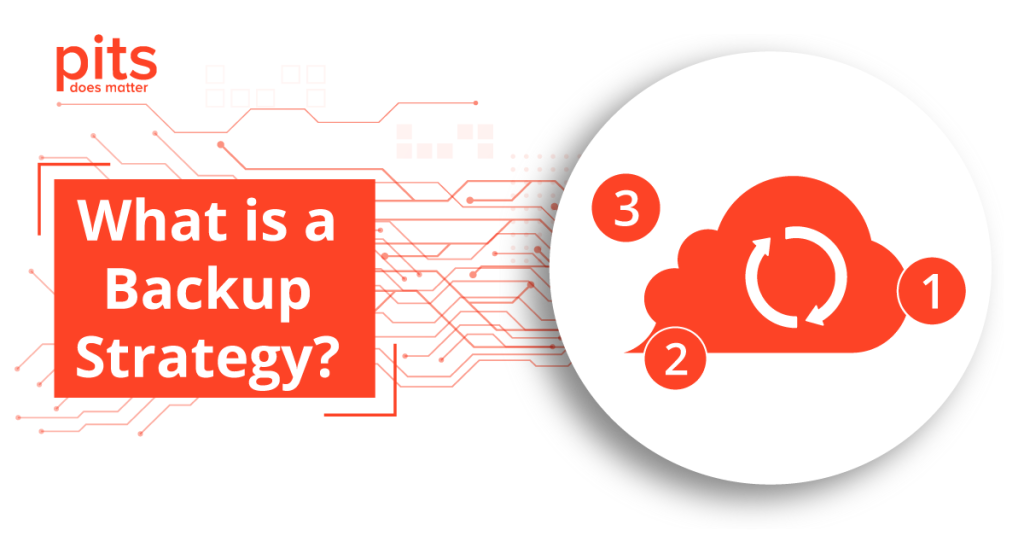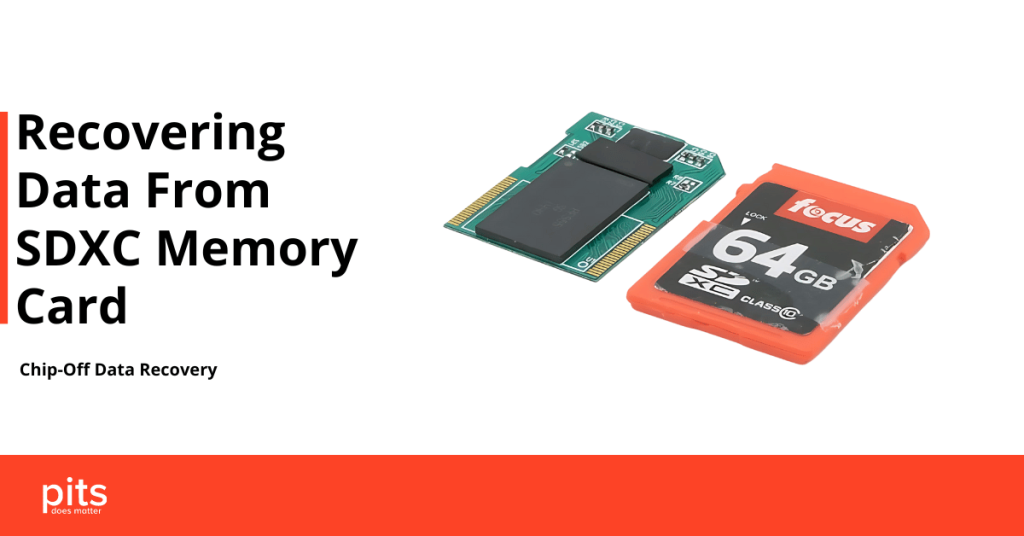Hard drives are essential components of computers and storage systems, responsible for reading and writing data. However, they are susceptible to various types of damage, one of the most critical being damage to the read/write heads. This blog post will explore what read/write heads are, the common causes of their damage, the symptoms of a failing hard drive, and the available recovery solutions.
What are Read/Write Heads?
Read/write heads are tiny electromagnetic devices that float just above the surface of a hard drive’s spinning platters. These heads are responsible for reading data from and writing data to the magnetic disks. Each platter has two heads—one for reading data and one for writing it. The precision of these heads is crucial for the proper functioning of the hard drive.
Common Causes of Read/Write Head Damage
-
Physical Shock: Dropping or jarring a hard drive while it is in use can cause the read/write heads to come into contact with the platters, leading to potential damage.
-
Electrical Failures: Power surges or abrupt power loss can cause electrical damage to the hard drive, affecting the functionality of the read/write heads.
-
Wear and Tear: Over time, normal wear and tear can lead to degradation of the read/write heads, particularly if the hard drive has been in use for an extended period.
-
Contamination: Dust, debris, or moisture can interfere with the operation of the read/write heads, potentially causing them to fail.
-
Manufacturing Defects: In some cases, inherent manufacturing defects can lead to premature failure of the read/write heads.
Symptoms of Damaged Read/Write Heads
Recognizing the signs of damaged read/write heads is crucial for addressing the issue promptly. Common symptoms include:
-
Unusual Noises: Clicking, grinding, or buzzing sounds coming from the hard drive often indicate that the read/write heads are making contact with the platters, a situation known as a head crash.
-
Frequent Errors: If you encounter repeated read/write errors, data corruption, or files becoming inaccessible, it may be a sign of head damage.
-
Slow Performance: A significant slowdown in read/write operations can indicate that the hard drive is struggling to function properly.
-
Failure to Boot: If your operating system fails to load, and you receive error messages related to disk read errors, this could be a symptom of read/write head issues.
Recovery Solutions for Damaged Read/Write Heads
If you suspect that your hard drive has damaged read/write heads, here are the recommended steps for recovery:
-
Stop Using the Drive Immediately: Continuing to use a failing hard drive can lead to further damage and data loss. Disconnect the drive from the power source and stop any operations that involve accessing it.
-
Check Connections: Ensure that all cables and connections are secure. Sometimes, loose connections can mimic symptoms of head damage.
-
Data Recovery Software: If the drive is recognized but showing signs of damage, try using data recovery software to recover accessible files. However, this method may not work if the damage is severe.
-
Professional Data Recovery Services: If the drive is making unusual noises or if the data is critical, it is best to consult professional data recovery services. Experts have the tools and cleanroom environments necessary to safely access and recover data from damaged hard drives.
- Cleanroom Recovery: Professional data recovery involves opening the hard drive in a cleanroom environment to prevent dust contamination while replacing or repairing the read/write heads.
-
Prepare for Future Issues: After recovery, consider implementing a robust backup strategy to protect against future data loss. Regular backups can help mitigate the impact of hardware failures.
Preventing Damage to Read/Write Heads
To minimize the risk of damage to your hard drive’s read/write heads, consider the following precautions:
-
Handle with Care: Always handle hard drives gently and avoid physical shocks. Ensure that the drive is on a stable surface during use.
-
Use Surge Protectors: Protect your computer and hard drives from power surges and outages with surge protectors.
-
Regular Backups: Maintain regular backups of your important data to external drives or cloud storage. This precaution can save you from significant data loss in case of hardware failure.
-
Monitor Drive Health: Utilize disk monitoring software to keep an eye on your hard drive’s health. Early detection of potential issues can prevent more severe problems down the line.
Conclusion
Damaged read/write heads can lead to significant challenges in data recovery, but understanding the causes, symptoms, and recovery options can help mitigate the impact. If you suspect that your hard drive is experiencing issues related to the read/write heads, act quickly to preserve your data and consult professionals when necessary.


